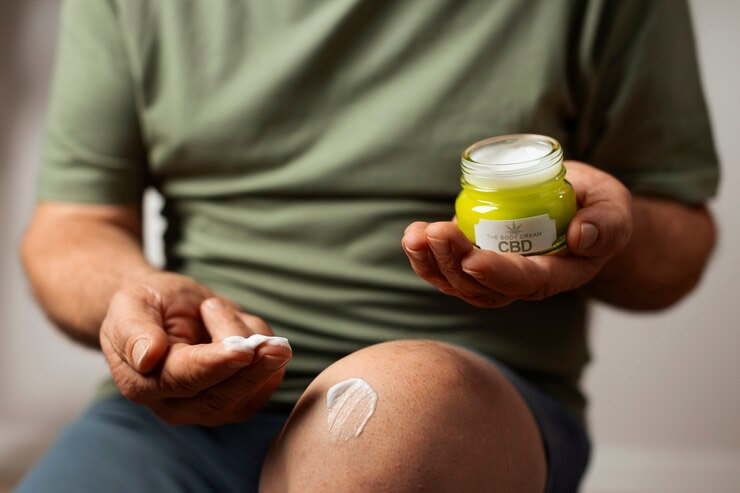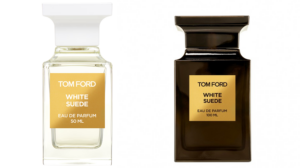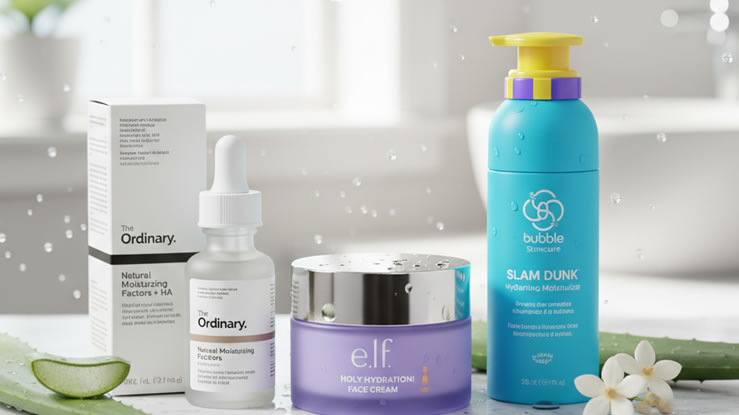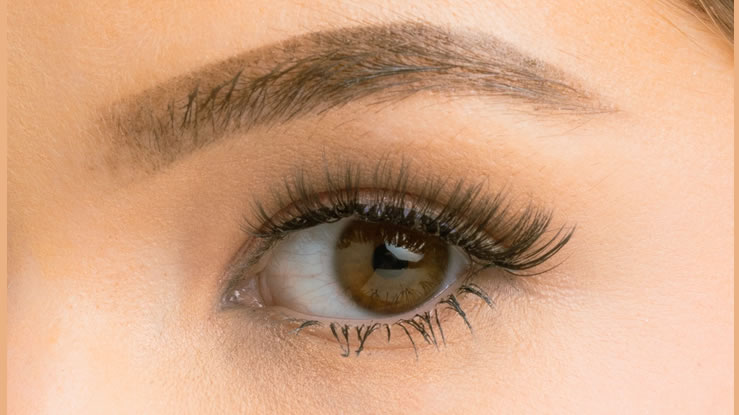Psoriasis is a chronic autoimmune skin condition that affects millions of people worldwide. Characterized by red, scaly patches, itching, and discomfort, it can significantly impact quality of life. While there’s no cure for psoriasis, creams and topical treatments are often the first line of defense in managing symptoms. Choosing the right cream is essential for reducing inflammation, relieving itching, and promoting healthier skin.
In this article, we’ll explore the best creams for psoriasis, their active ingredients, how they work, and tips for effective management.
Understanding Psoriasis and Why Creams Are Effective
What Is Psoriasis?
Psoriasis is a condition where the immune system mistakenly attacks healthy skin cells, causing rapid cell turnover. This results in the buildup of dead skin cells, leading to plaques and inflammation. Common types of psoriasis include:
- Plaque Psoriasis: The most common form, marked by thick, red patches covered with silvery scales.
- Guttate Psoriasis: Small, drop-shaped lesions often triggered by infections.
- Inverse Psoriasis: Found in skin folds, such as under breasts or around the groin.
- Pustular Psoriasis: White pustules surrounded by red skin.
Why Are Creams Important?
Topical treatments, including creams, target the affected areas directly, making them highly effective in reducing symptoms. They:
- Hydrate the skin to reduce dryness and scaling.
- Deliver active ingredients to soothe inflammation and itchiness.
- Create a protective barrier against irritants.
Best Types of Creams for Psoriasis
1. Corticosteroid Creams
- How They Work: Corticosteroids reduce inflammation and suppress overactive immune responses.
- Common Options:
- Hydrocortisone (low-strength): Suitable for mild cases or sensitive areas like the face.
- Clobetasol (high-strength): Prescribed for severe cases.
- Pros: Fast-acting and widely available.
- Cons: Long-term use can thin the skin or cause resistance.
2. Vitamin D Analogues
- How They Work: These creams slow skin cell growth and promote healthier skin.
- Popular Options:
- Calcipotriol (Dovonex): A synthetic form of vitamin D.
- Calcitriol: Gentle on sensitive areas.
- Pros: Effective for long-term management.
- Cons: May cause mild irritation in some users.
3. Coal Tar Creams
- How They Work: Coal tar reduces scaling, itching, and inflammation.
- Examples:
- Psoriasin Gel: Widely used for plaque psoriasis.
- T/Gel Therapeutic Cream: Combines coal tar with moisturizing agents.
- Pros: Affordable and available over-the-counter.
- Cons: Strong odor and potential skin sensitivity.
4. Salicylic Acid Creams
- How They Work: This keratolytic agent softens and removes scales, improving skin texture.
- Popular Options:
- Keralyt Gel: Combines salicylic acid with hydrating ingredients.
- MG217 Psoriasis Cream: Includes a blend of salicylic acid and soothing botanicals.
- Pros: Effective in reducing scaling.
- Cons: May cause irritation if overused.
5. Moisturizing Creams and Emollients
- How They Work: Hydrate the skin, reducing dryness and scaling.
- Recommended Products:
- CeraVe Psoriasis Cream: Contains ceramides and urea for hydration.
- Aveeno Eczema Therapy Balm: Oatmeal-based and soothing.
- Pros: Can be used daily and are gentle on the skin.
- Cons: Do not directly address inflammation.
6. Retinoids
- How They Work: Derived from vitamin A, retinoids reduce skin cell turnover.
- Example:
- Tazarotene (Tazorac): Prescribed for mild to moderate psoriasis.
- Pros: Effective in combination with other treatments.
- Cons: Can cause redness or peeling.
7. Combination Treatments
- Examples:
- Taclonex: Combines corticosteroids with vitamin D analogues.
- Enstilar Foam: An innovative spray that blends multiple active ingredients.
- Pros: Multi-action for stubborn cases.
- Cons: Often requires a prescription.
Natural and Alternative Creams for Psoriasis
1. Aloe Vera Creams
- Reduces inflammation and provides cooling relief.
- Example: Aloe Vera Gelly by Forever Living.
2. Oatmeal-Based Creams
- Soothes itching and irritation.
- Example: Eucerin Skin Calming Cream.
3. Shea Butter and Coconut Oil
- Hydrate and lock in moisture, reducing scaling.
- Example: Palmer’s Shea Formula Body Lotion.
4. Herbal Creams
- Ingredients like turmeric and chamomile have anti-inflammatory properties.
- Example: Psoria Gold.
How to Choose the Right Cream for Psoriasis
1. Consider Severity
- Mild cases: Start with moisturizing creams or low-strength corticosteroids.
- Moderate to severe cases: Prescription-strength options may be necessary.
2. Check for Allergies
- Always test a small amount of the cream on unaffected skin before applying it to a large area.
3. Consult a Dermatologist
- If over-the-counter creams aren’t effective, consult a dermatologist for personalized treatment.
4. Look for Multi-Action Creams
- Products that combine hydration with anti-inflammatory properties often yield the best results.
Tips for Effective Psoriasis Management
- Moisturize Frequently: Apply creams immediately after bathing to lock in moisture.
- Avoid Triggers: Identify and avoid potential triggers like stress, certain foods, or harsh weather.
- Maintain Healthy Habits: A balanced diet, regular exercise, and stress management improve overall skin health.
- Stick to a Routine: Consistency is key for managing chronic conditions like psoriasis.
- Use Sunlight Wisely: Moderate sun exposure can help, but excessive exposure may worsen symptoms.
FAQs About Psoriasis Creams
Q: Are steroid creams safe for long-term use?
Steroid creams are effective but should not be used continuously for extended periods due to potential side effects like skin thinning.
Q: Can I use multiple creams simultaneously?
Yes, but consult a dermatologist to ensure the products are compatible and effective together.
Q: Are natural creams as effective as medicated ones?
Natural creams are excellent for hydration and soothing but may not address inflammation or immune responses as effectively as medicated creams.
Q: Can children use psoriasis creams?
Many psoriasis creams are suitable for children, but always consult a doctor before application.
Psoriasis creams are a cornerstone of treatment, offering relief from itching, scaling, and inflammation. Whether you opt for corticosteroids, vitamin D analogues, or natural alternatives, the right cream depends on the severity of your condition and your skin type. For persistent or severe symptoms, consulting a dermatologist is crucial to creating an effective treatment plan.
By maintaining a consistent skincare routine and using high-quality creams, you can manage psoriasis effectively and improve your quality of life.
You Might Like>>>What is the best cream for cracked hands?

















